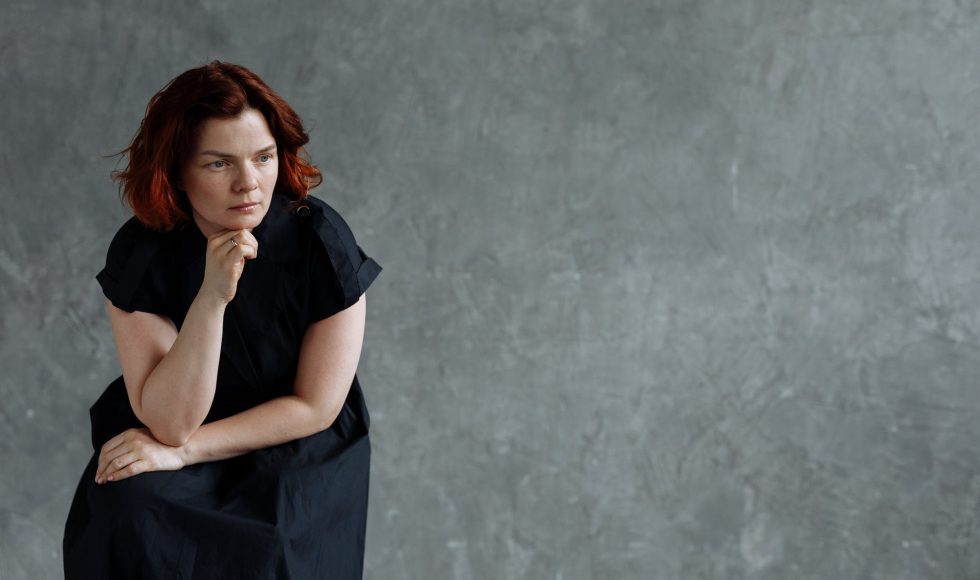Barry Sharpe and Shannon Scotece from Western Governors University presented at the 2021 Lilly Conference Online on “Teaching and Learning Without Grading.” I have watched presentations by Sharpe before. Sharpe started by defining Course Instructors (CIs) that design, direct instruction, and do not grade! The presenters talked about frequent recommendations from the literature and their book clubs that focused on learning science. Sharpe and Scotece wanted to “think like students again” and “pausing to consider but how can be as important as the adoption of a specific practice.” Sharpe cited James Lang and his work on attention. Yesterday I watched a (live) EdCog 2021 talk by Lang on this topic that reviewed some of the case studies from the book. Sharpe wanted “cultivating attention to prepare for the hard work of learning” and setting expectations and framing the work.” As faculty we are subject to “expert blind spots” and need to “rediscover the hard work of learning,” mentioned Sharpe. I thought it was good to see that Sharpe cited Flower Darby and the concept of Roundabout Design as a complement or evolution of Backward Design. One slide had a bullet point that resonated with me: “content generation versus content coverage.” One reflection question Sharpe asked was:
What can we do as faculty to think like students again to help bring expert blind spots to light and engender more empathy for students?
Barry Sharpe, 2021 Lilly Conference Online
Sharpe explained that we can support and encourage students to practice for failure: through feedback and advocating for learning. Because Course Instructors do not grade work , they are better positioned to encourage practice for failure and feedback incorporation. Scotece then discussed how faculty and instructors can build trust and encourage scaffolded practice that allows for personalized feedback. Instead of using low-stakes quizzes, Scotece and Sharpe used retrieval practice and interleaving. As they wrapped up, they emphasized key points below:
- As instructors in new contexts, we are in a position to have more empathy with students.
- As instructors we engage in the collaborative process of teaching
- As instructors we provide desirable difficulties.
This short session brought together findings from some of my recent favorite books and encouraged instructors to revisit their roles and interactions with students.



